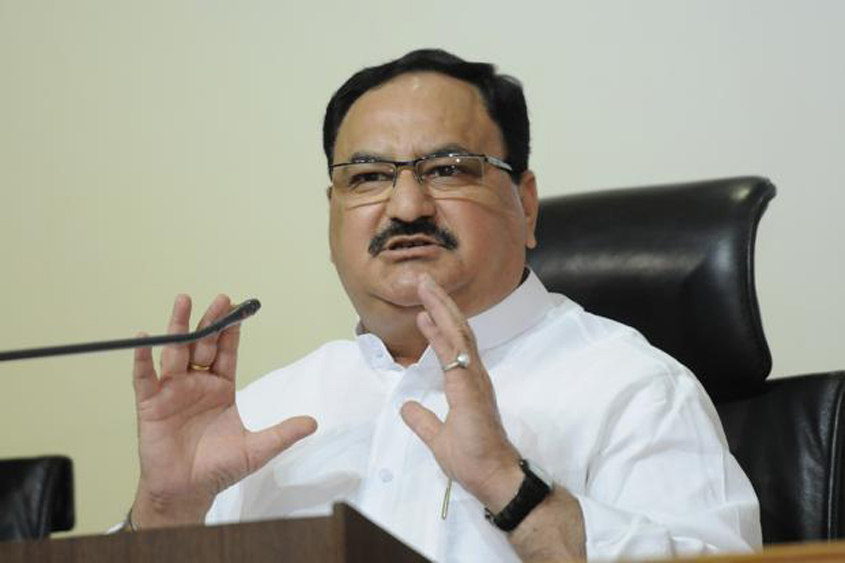Experts have welcomed the government’s decision to approve the National Policy for the Treatment of Rare Diseases, the draft of which was submitted by the Union Ministry of Health to the Delhi High Court on 25 May. However, they feel that the expensive and prohibitive nature of the treatment with no insurance coverage, untimely diagnosis, and delay in implementation of the policy are among few of the challenges that need to be addressed. The policy saw the light of day after multiple representations to the Central Government and the Ministry of Health and Family Welfare were made since 2009 by lawyers and organisations working for the treatment of rare diseases.
A rare disease, comprising rare tumors and genetic diseases like Gaucher Syndrome, Hunter Syndrome and Pompe, is a health condition which has low prevalence and affects a small number of people. Speaking to The Sunday Guardian, experts noted that 50% of the afflicted are children—70% of whom die aged between one and seven due to lack of effective treatment. According to reports, at least 7 crore Indians suffer from over 14,000 rare diseases identified worldwide.
The policy recommends an initial corpus of Rs 100 crore for the treatment of genetic disorders, but excludes rare blood disorders like Thalassemia and sickle-cell anemia. While some health experts have questioned the feasibility of the allocated amount, Manjit Singh, president, Lysosomal Storage Disorders Support Society (LSDSS), believes that the Centre to state ratio of 60:40 in the corpus will ensure that the burden is not solely on the annual budget.“The corpus is okay to start with. Also, it’s not that the government lacks funds; the allocation and utilisation is not optimum and is misused. Many states that surrender their unutilised funds back to the Centre need to channel them into this,” he added.
Delhi High court orders in three writ petitions in 2013 and 2016, advocated by lawyer Ashok Aggarwal, had directed the Health Ministry to frame a national policy for rare diseases. “The government did understand the subject, but took no action. The centre passed the buck on the states by saying that the health is a state subject and they should carve out funds under different health schemes like National health Mission, leading to unnecessary delays,” Singh said.
The diagnosis of rare conditions takes up to several years, in certain cases seven years. Till recently, no proper study was done on the subject, hence preventing timely diagnosis.“For many rare diseases, no diagnostic method exists. Lack of data on burden, morbidity and mortality of rare diseases prevents the timely diagnosis and estimation of the treatment costs. We lose about 100 children to these disorders every year,” Singh told this newspaper.
“India has the highest mortality rate in the world. Most of the rare diseases are not diagnosed at all, and in some of them, the child dies within 72 hours if he is not treated,” Dr Prasanna B. Shirol, founder and director, Organisation of Rare Diseases India (ORDI), said. The policy advocates developing materials for generating awareness in the general public, patients and healthcare providers.
The government has asked the Department of Financial services to bring in the insurance act and make the insurance sector cover the cost of treatment of rare diseases. Currently, no Indian insurance company is reimbursing the costs of the treatment of these diseases, which ranges anywhere between Rs 30 lakh to Rs 3 crore.“The policy has put insurance under its ‘long-term’ goal. Only when the policy is gazetted, would insurance companies start covering the costs,” Prasanna Shirol said. Interestingly, Dr V.K. Paul, head of the committee that drafted the policy, told The Sunday Guardian that “insurance is not needed”. Advocate Ashok Aggarwal, however, claimed that the “Employee State Insurance Corporation (ESIC) had an obligation not only under the Employee State Insurance Act, but also 21 of the Constitution that guarantee every person a right to life with dignity.” Experts also feel that the process format suggested by the Health Ministry may take up to two years or more, hence depriving timely treatment to patients.

